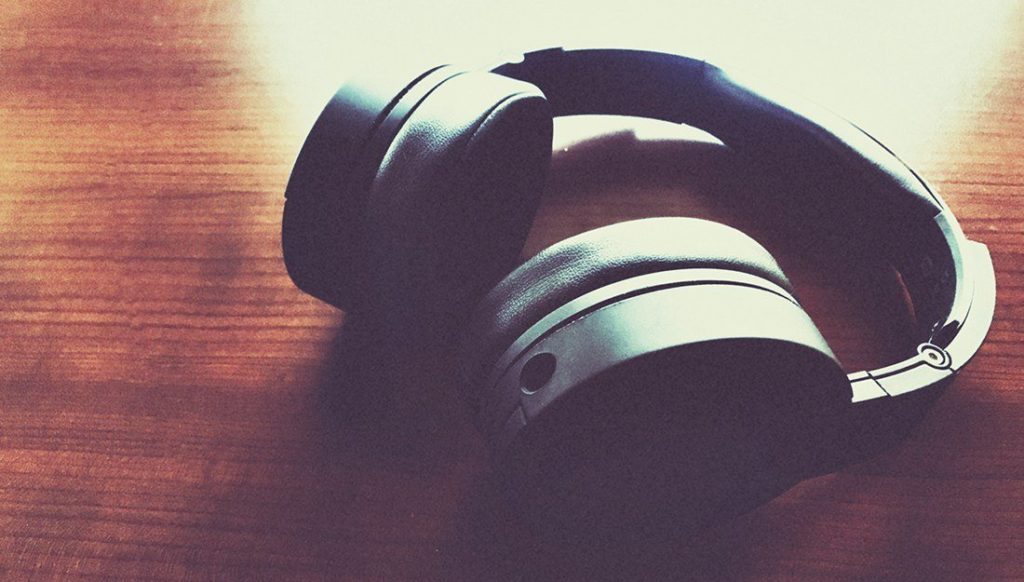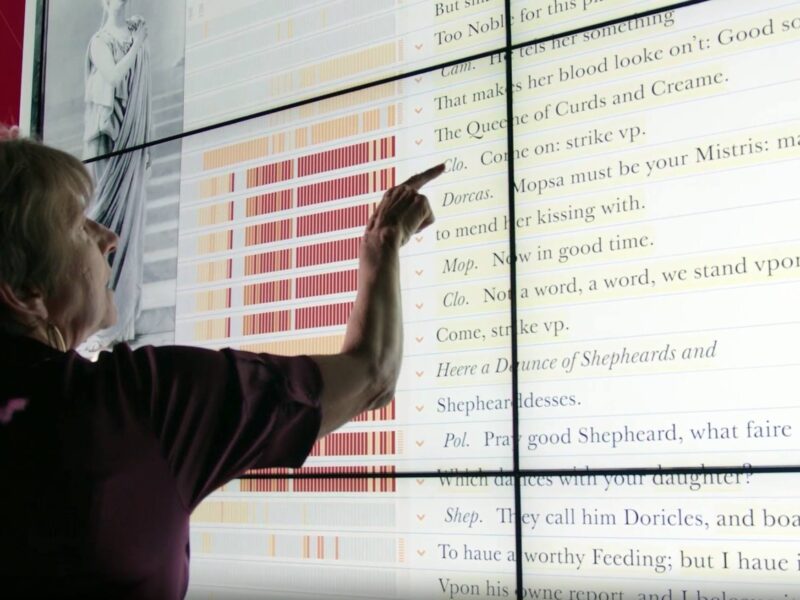
There is not enough time in a day to talk about all of the goodness that music can bring. In fact, Ludwig van Beethoven may have said it best when he wrote, “Music is indeed the mediator between the spiritual and sensual life.” However, what many people consider a hobby or an art may be going further, and is now also being used in a medical setting. An expert from the Texas A&M College of Medicine explains why music is part of delivering the best care.
Health benefits of music
Music has a universal range and is one of the rare things that makes people feel good AND has a beneficial effect on the body—unlike sugary desserts or salty snacks.
Music has been linked to reducing stress and anxiety—especially before stressful situations. In fact, one study done by researchers at the Texas A&M College of Nursing showed that students who listened to music before patient care simulations had higher self-efficacy and lower anxiety.
“Music has a lot of beneficial effects in day-to-day life,” said Laurel Kilpatrick, MD, clinical assistant professor of medicine at the Texas A&M College of Medicine. “It can trigger comforting memories or just have a natural calming effect that relieves some of the stresses or anxieties that are happening.”
Also, music has been linked to decreasing pain. A 2013 study investigated the effects of music on pain and depression for people with fibromyalgia, a chronic pain syndrome. The treatment group reported a significant reduction in pain and depression compared to the control group, who reported no differences in pain.
Another study showed that music can benefit even the smallest patients. A study in 2016 showed that babies born prematurely gained more weight listening to music therapists sing “Twinkle, Twinkle” than their own mothers singing the song. In that same study, the babies would begin quietly sleeping by the song’s end with the music therapist, but not with their moms’ singing.
Music therapy can benefit people of all ages, for a wide range of conditions—such as Alzheimer’s disease and chronic pain—and has even found its place in palliative care.
Meet Dental Student Ethan Erwin: Inventor, Entrepreneur, Musician
Music and palliative care
“We use music and music therapy in palliative care,” said Kilpatrick, who is also an expert in palliative and hospice care. “Music can affect your mood, and that’s part of the caregiving experience in palliative care.”
It’s hard to measure the quantitative effects that music has in health care, but there is qualitative evidence to support the practice, at least in hospice and palliative care.
“We look at the patient reports and testimonials from the families,” Kilpatrick said. “Music interventions have shown to decrease pain and anxiety and improve quality of life. Some studies looking at the use of music therapy in hospice and palliative care have use standardized scales for quality of life assessment and demonstrated benefit.”
However, music intervention is so much more than just popping in any old CD and expecting benefits. For the best results, working in conjunction with a licensed music therapist (with hundreds of hours of training) can help tailor-make an approach for the patient.
In palliative care, music therapists work with patients and their families to help find particular genres or styles that can help reduce stress and anxiety, which can help improve their health.
“It’s not a one-size-fits-all approach,” Kilpatrick said. “What is comforting and relaxing to one patient may not be as beneficial to another. It’s really about working with the patient to develop a structured therapeutic approach.”
Music therapy going forward
While music therapy may sound like some new age sugar pill to medical traditionalists, the use of it in conjunction with traditional medicine is being researched.
“There is ongoing investigation into using music therapy approaches to reduce anxiety or pain in addition to traditional medicine,” Kilpatrick said. “This can be beneficial because there is the potential to reduce the medication burden for some patients.”.”
Music likely won’t ever replace the benefits of traditional medicine or cure your illnesses, but when it comes to improving quality of life—it has found its rhythm.
###
This story by Dominic Hernandez originally appeared in Vital Record.




